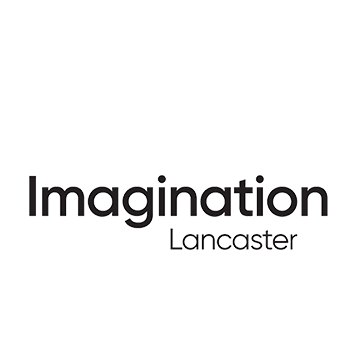A new paper has been published in the data science solutions journal Patterns which describes how design fiction can be used to explore ethical challenges when data sharing and AI is introduced to the food industry.
This work was was funded by the Internet of Food Things Network+ and AI for Scientific Discovery Network+, as part of a wider project established by the Internet of Food Things Network+ (led by the University of Lincoln) to explore data trusts related to the food sector.
Led by Dr Naomi Jacobs, the paper describes how an interdisciplinary team of researchers from multiple institutions created real objects that demonstrated a fictional world where, for example, smart packaging for supermarket ready meals updates you in real-time to tell you about carbon footprints, gives live warnings on product recalls, and instant safety alerts because allergens were detected unexpectedly in the factory.
The objects also prompted questions about this future, such as: how much extra energy would be used powering such a system? And what if an accidental alert meant you were told to throw away your food for no reason? Working with a wider group of experts in food and technology, these design fiction objects were evaluated using a set of cards designed to enable engagement with the ethics of technology, called the Moral-IT Deck to uncover the potential ethical benefits, risks and challenges they posed.
The key contribution of the methods described in this paper is that rather than ask general questions about what might go wrong, or have to wait until something is fully built – when it is probably too late to change things without huge costs or starting all over again – the project imagined what the world might look like if ‘data trusts’ (designed to protect private data while allowing others to make use of it) already existed.
For example, it is key to consider where power lies in these systems, how large companies, small companies and individual consumers might be positively or negatively impacted, and how different ethical aspects such as sustainability and wellbeing, privacy and transparency, might need to be balanced. These need to be considered when developing these types of data trusts in the future.
Work on the project is continuing, and will result in additional outcomes including a framework for supporting ethics in food data trusts.
The article is available open access at Patterns.
You can also read a summary of the work in The Conversation.
